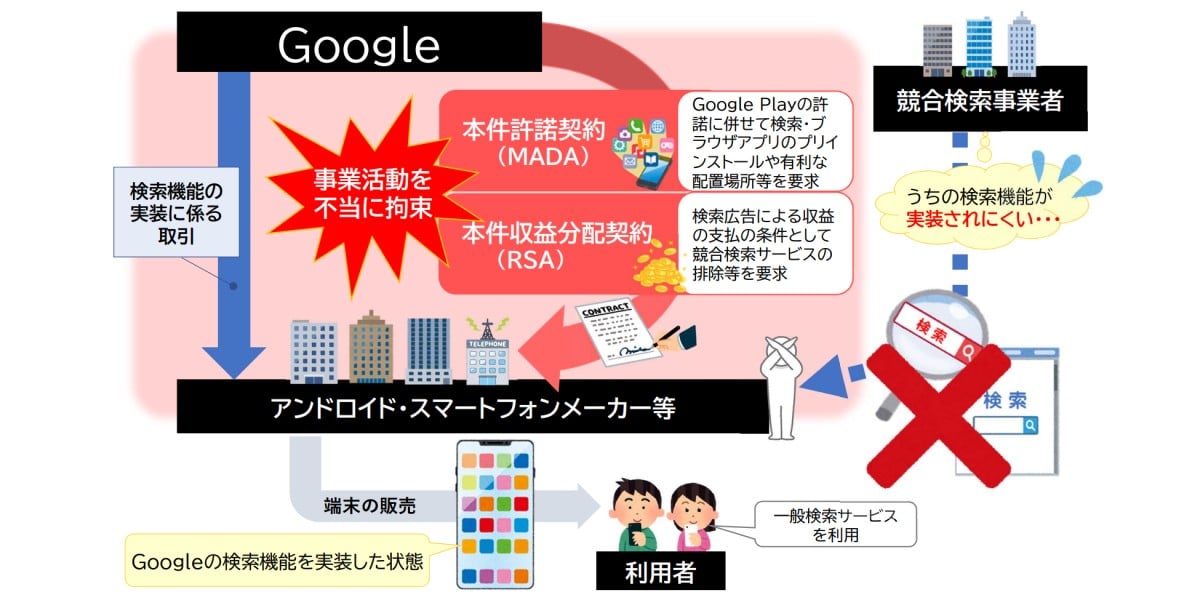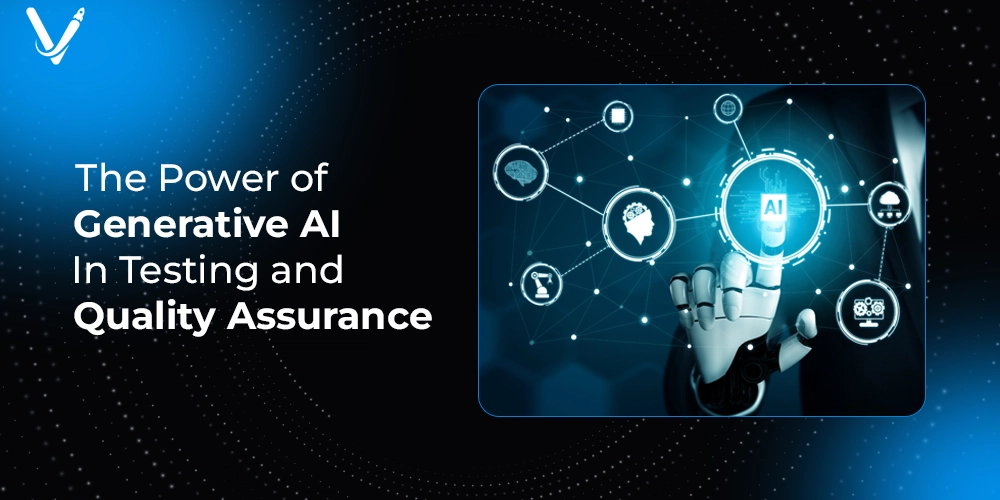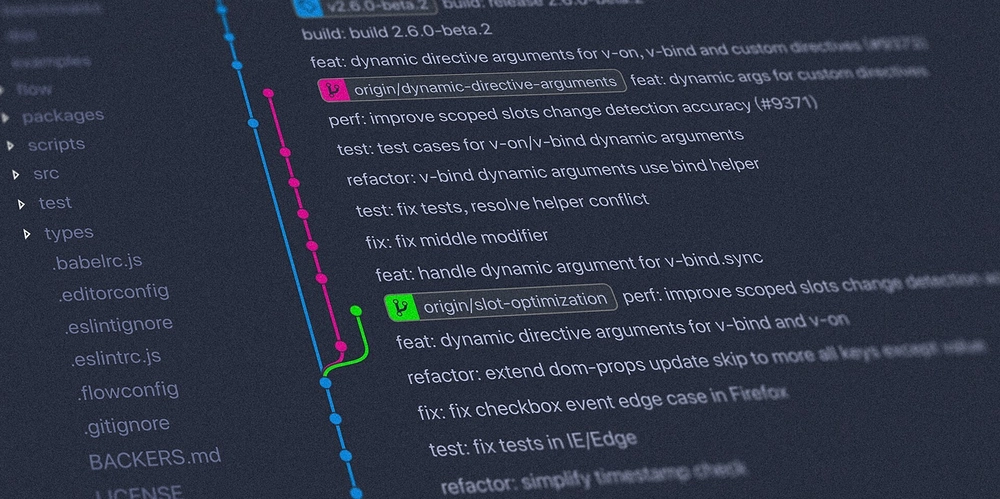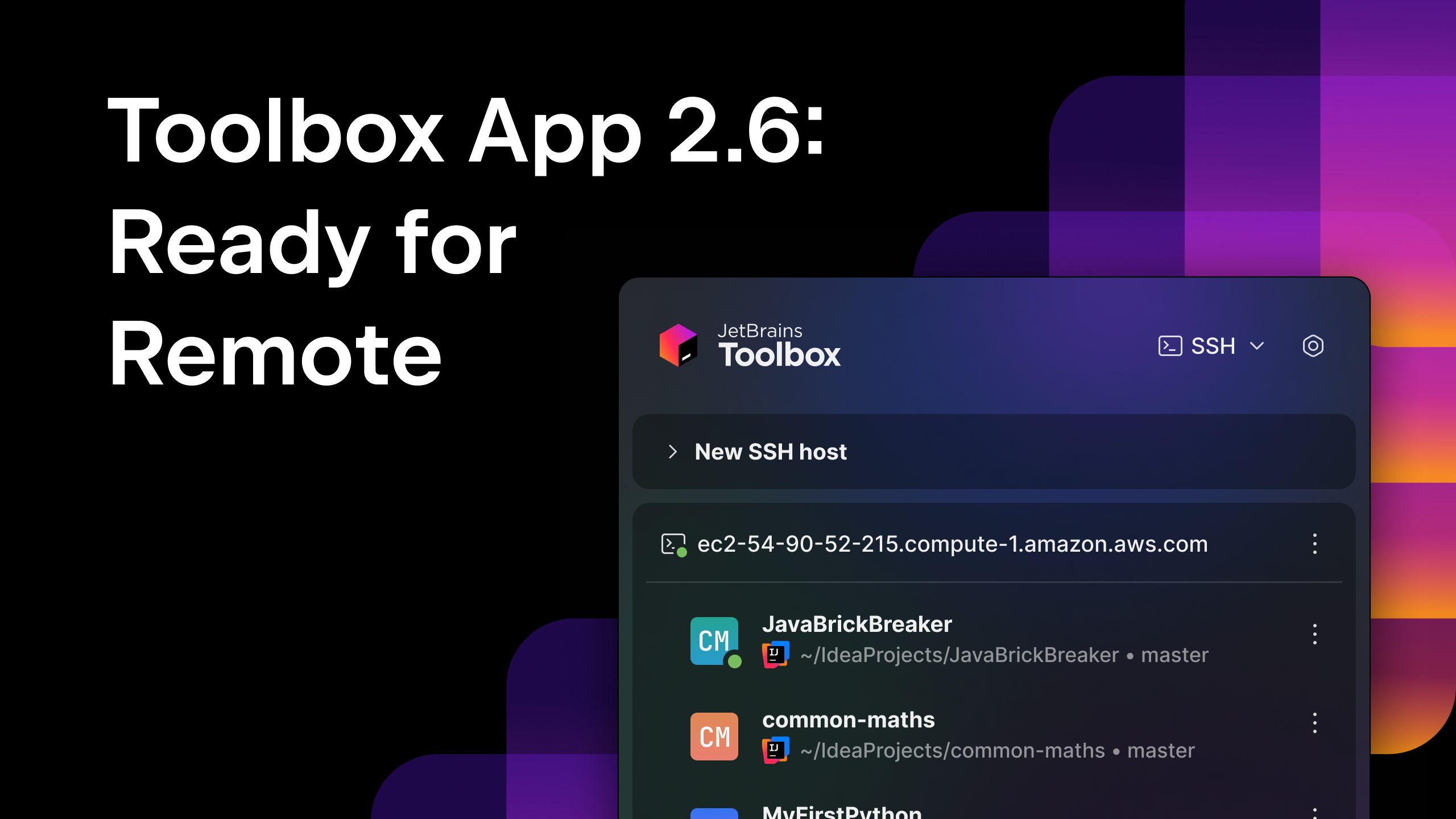The Strategic Edge: How AI Business Analysts are Empowering CEOs and Executives
In today's rapidly evolving business landscape, CEOs and executives face unprecedented challenges in making timely, informed, and strategic decisions. The sheer volume of data generated daily, coupled with the need to anticipate market shifts and optimize operations, can be overwhelming. This is where the emergence of the AI Business Analyst offers a transformative advantage, providing leadership with the insights and foresight necessary to navigate complexity and drive sustainable growth. Far from replacing human intelligence, AI-powered business analytics tools act as powerful augmentations, capable of processing vast datasets with unparalleled speed and accuracy. This capability translates into tangible benefits across various critical areas for CEOs and their executive teams. Unlocking Deeper and Faster Insights: One of the most significant advantages of an AI business analyst is its ability to sift through massive amounts of structured and unstructured data – from sales figures and customer feedback to market trends and competitor activities – at speeds impossible for human analysts. This rapid processing allows executives to gain near real-time visibility into key performance indicators (KPIs) and identify emerging patterns and anomalies that might otherwise go unnoticed. Example: An AI could analyze millions of customer interactions across various channels to pinpoint previously unrecognized drivers of customer churn, allowing executives to proactively address these issues and improve retention rates. Try JourneyAI’s AI Agents for CEOs and Executives Enhanced Forecasting and Predictive Capabilities: AI algorithms, particularly those leveraging machine learning, excel at identifying complex relationships within data and building sophisticated predictive models. This empowers CEOs and executives with a clearer understanding of future trends, enabling them to make more informed strategic decisions. Example: By analyzing historical sales data, economic indicators, and marketing campaign performance, an AI could forecast future demand with greater accuracy, allowing for optimized inventory management, resource allocation, and production planning. Data-Driven Strategic Decision Making: The insights generated by AI business analysts provide a solid foundation for data-driven decision-making at the highest levels of an organization. By removing subjective biases and providing objective, evidence-based recommendations, AI empowers executives to make more confident and impactful strategic choices. Example: An AI could analyze market trends and competitive intelligence to identify untapped market segments or potential acquisition targets, providing the executive team with data-backed options for strategic expansion. Optimizing Operational Efficiency: Beyond strategic insights, AI business analysts can also play a crucial role in optimizing day-to-day operations. By identifying inefficiencies, bottlenecks, and areas for improvement across various business processes, AI can help drive significant cost savings and enhance overall productivity. Example: An AI could analyze supply chain data to identify potential disruptions, optimize logistics routes, and predict maintenance needs for critical equipment, leading to reduced downtime and lower operational costs. Personalized and Actionable Recommendations: Modern AI business analytics platforms are increasingly capable of providing personalized and actionable recommendations tailored to specific business goals and executive priorities. These insights are often presented in intuitive dashboards and visualizations, making it easier for CEOs and executives to understand complex data and take appropriate action. Example: An AI could flag a sudden dip in sales in a specific region and automatically generate a report highlighting potential contributing factors, such as competitor promotions or negative customer reviews, along with recommended actions for the sales and marketing teams. Freeing Up Human Capital for Strategic Thinking: By automating many of the time-consuming and repetitive tasks associated with data analysis, AI business analysts free up human analysts to focus on higher-level strategic thinking, problem-solving, and communication of insights. This allows for a more efficient and impactful allocation of talent within the organization. The integration of AI business analysts represents a paradigm shift in how CEOs and executives can leverage data to drive their organizations forward. By providing deeper, faster insights, enhancing forecasting capabilities, enabling data-driven strategic decisions, optimizing operations, and delivering personalized recommendations, AI is becoming an indispensable tool for leadership seeking a competitive edge in today's dynamic business environment. Embracing AI in business analytics is no longer a futuristic co

In today's rapidly evolving business landscape, CEOs and executives face unprecedented challenges in making timely, informed, and strategic decisions. The sheer volume of data generated daily, coupled with the need to anticipate market shifts and optimize operations, can be overwhelming. This is where the emergence of the AI Business Analyst offers a transformative advantage, providing leadership with the insights and foresight necessary to navigate complexity and drive sustainable growth.
Far from replacing human intelligence, AI-powered business analytics tools act as powerful augmentations, capable of processing vast datasets with unparalleled speed and accuracy. This capability translates into tangible benefits across various critical areas for CEOs and their executive teams.
Unlocking Deeper and Faster Insights:
One of the most significant advantages of an AI business analyst is its ability to sift through massive amounts of structured and unstructured data – from sales figures and customer feedback to market trends and competitor activities – at speeds impossible for human analysts. This rapid processing allows executives to gain near real-time visibility into key performance indicators (KPIs) and identify emerging patterns and anomalies that might otherwise go unnoticed.
Example: An AI could analyze millions of customer interactions across various channels to pinpoint previously unrecognized drivers of customer churn, allowing executives to proactively address these issues and improve retention rates.
Try JourneyAI’s AI Agents for CEOs and Executives
Enhanced Forecasting and Predictive Capabilities:
AI algorithms, particularly those leveraging machine learning, excel at identifying complex relationships within data and building sophisticated predictive models. This empowers CEOs and executives with a clearer understanding of future trends, enabling them to make more informed strategic decisions.
Example: By analyzing historical sales data, economic indicators, and marketing campaign performance, an AI could forecast future demand with greater accuracy, allowing for optimized inventory management, resource allocation, and production planning.
Data-Driven Strategic Decision Making:
The insights generated by AI business analysts provide a solid foundation for data-driven decision-making at the highest levels of an organization. By removing subjective biases and providing objective, evidence-based recommendations, AI empowers executives to make more confident and impactful strategic choices.
Example: An AI could analyze market trends and competitive intelligence to identify untapped market segments or potential acquisition targets, providing the executive team with data-backed options for strategic expansion.
Optimizing Operational Efficiency:
Beyond strategic insights, AI business analysts can also play a crucial role in optimizing day-to-day operations. By identifying inefficiencies, bottlenecks, and areas for improvement across various business processes, AI can help drive significant cost savings and enhance overall productivity.
Example: An AI could analyze supply chain data to identify potential disruptions, optimize logistics routes, and predict maintenance needs for critical equipment, leading to reduced downtime and lower operational costs.
Personalized and Actionable Recommendations:
Modern AI business analytics platforms are increasingly capable of providing personalized and actionable recommendations tailored to specific business goals and executive priorities. These insights are often presented in intuitive dashboards and visualizations, making it easier for CEOs and executives to understand complex data and take appropriate action.
Example: An AI could flag a sudden dip in sales in a specific region and automatically generate a report highlighting potential contributing factors, such as competitor promotions or negative customer reviews, along with recommended actions for the sales and marketing teams.
Freeing Up Human Capital for Strategic Thinking:
By automating many of the time-consuming and repetitive tasks associated with data analysis, AI business analysts free up human analysts to focus on higher-level strategic thinking, problem-solving, and communication of insights. This allows for a more efficient and impactful allocation of talent within the organization.
The integration of AI business analysts represents a paradigm shift in how CEOs and executives can leverage data to drive their organizations forward. By providing deeper, faster insights, enhancing forecasting capabilities, enabling data-driven strategic decisions, optimizing operations, and delivering personalized recommendations, AI is becoming an indispensable tool for leadership seeking a competitive edge in today's dynamic business environment.
Embracing AI in business analytics is no longer a futuristic concept but a strategic imperative for CEOs and executives looking to unlock new levels of efficiency, innovation, and sustainable growth.











































































































































































![[The AI Show Episode 144]: ChatGPT’s New Memory, Shopify CEO’s Leaked “AI First” Memo, Google Cloud Next Releases, o3 and o4-mini Coming Soon & Llama 4’s Rocky Launch](https://www.marketingaiinstitute.com/hubfs/ep%20144%20cover.png)





































































































































































































![Blue Archive tier list [April 2025]](https://media.pocketgamer.com/artwork/na-33404-1636469504/blue-archive-screenshot-2.jpg?#)
































.png?#)









-Baldur’s-Gate-3-The-Final-Patch---An-Animated-Short-00-03-43.png?width=1920&height=1920&fit=bounds&quality=70&format=jpg&auto=webp#)








































































































































![Apple to Split Enterprise and Western Europe Roles as VP Exits [Report]](https://www.iclarified.com/images/news/97032/97032/97032-640.jpg)
![Nanoleaf Announces New Pegboard Desk Dock With Dual-Sided Lighting [Video]](https://www.iclarified.com/images/news/97030/97030/97030-640.jpg)

![Apple's Foldable iPhone May Cost Between $2100 and $2300 [Rumor]](https://www.iclarified.com/images/news/97028/97028/97028-640.jpg)
































































































































